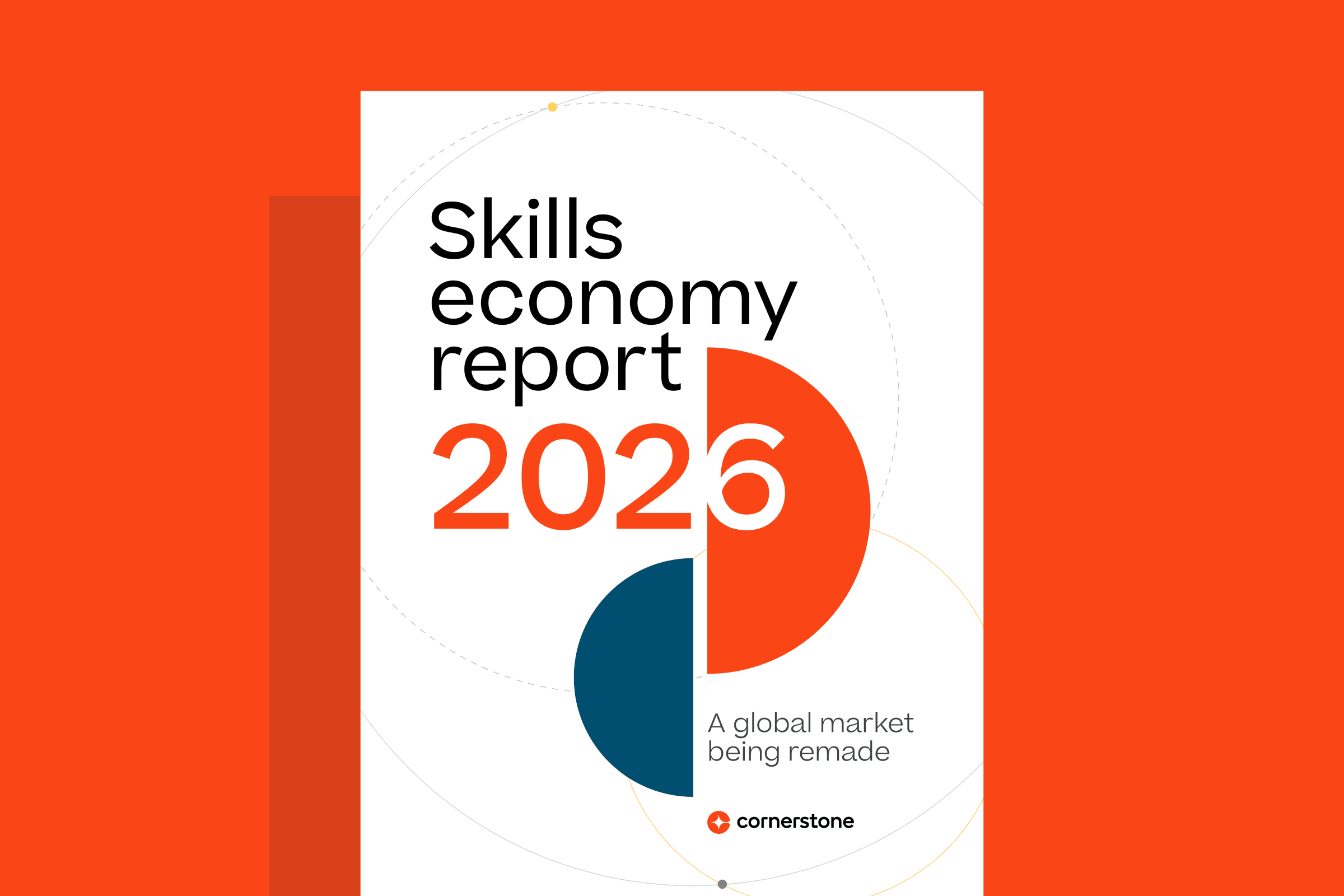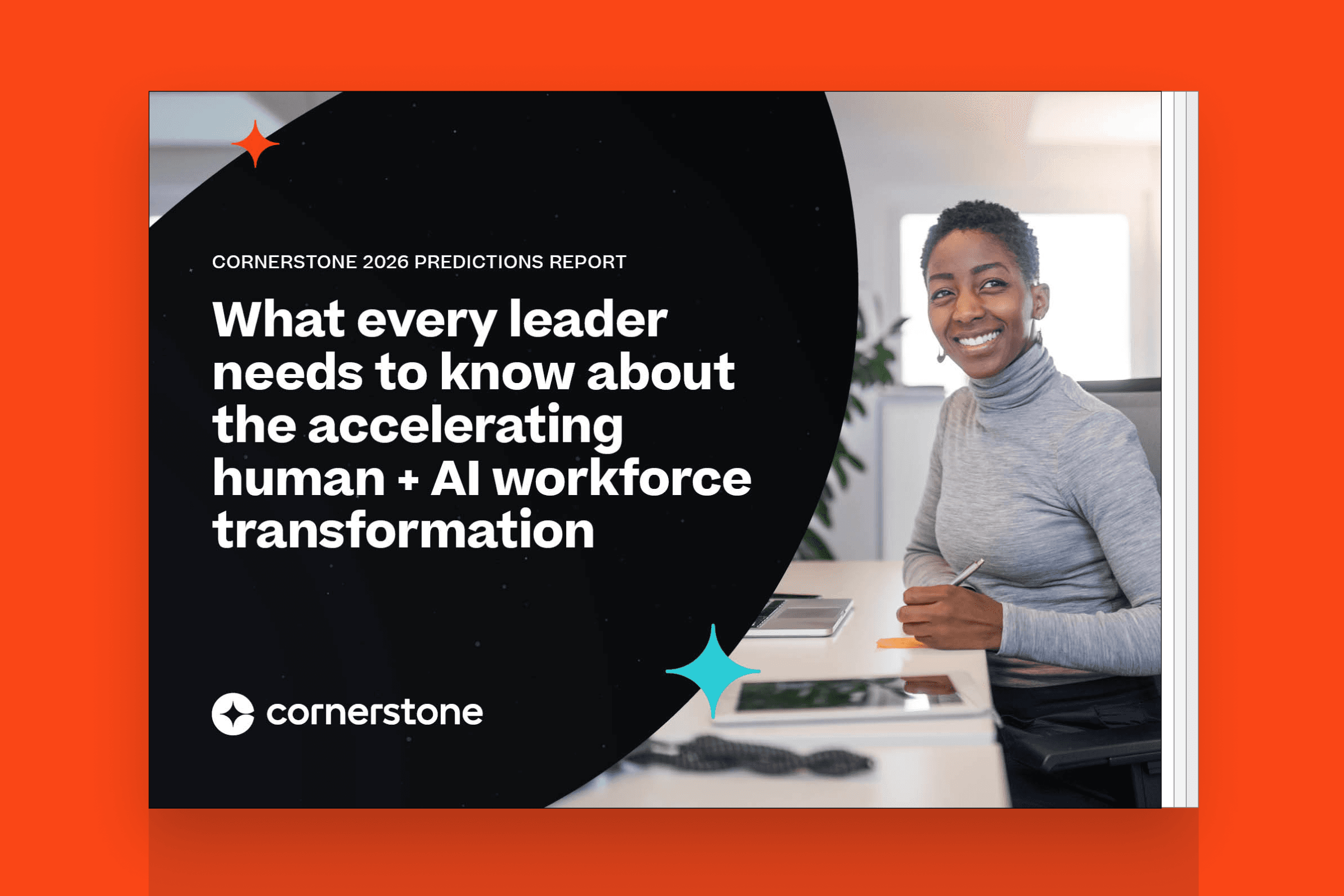This article was originally published on Forbes.com, under Jeff Miller's Forbes Human Resources Council column.
The year’s end is quickly approaching, and with it comes the annual performance review. That means career development will be top of mind for many employees. While I look forward to conversations about performance and feedback, there’s a part of me that dreads them. As a manager, I always expect someone to ask, "When am I going to get promoted?"
I’m tired of this question. First, most of the employees who ask it are pursuing promotions before they are ready. But second, and more importantly, title bumps really shouldn’t be the focus of career development. Employees should spend more time thinking about, and advocating for, their personal and professional growth.
This is especially true in today’s changing workplace: The gig economy, which employs up to one-third of the U.S. workforce, and the rise of technology are transforming how and where we work. These changes have brought entirely new jobs to the market, such as Uber drivers, freelance app developers and social media managers. And in many of these positions, employees are creating their own titlesâ .
Titles are not a true measure of career development, especially in the skills economy that we live in today. Employees need to center their attention on what will actually put them ahead of the curve: personal growth. By putting energy behind things like developing a consistent learning practice or finding a mentor, employees will be able to grow their careers even in a shifting workplace.
Stop Asking About Titles. Starting Asking About Skills
Most often, those asking me about promotion cycles or title bumps happen to be millennials or Gen Zers. In fact, research suggests these generations are more likely to advocate for their own career development and more willing to ask for promotions, raises and the like. Advocating for your career is admirable, but titles and promotions shouldn’t be the goal when thinking about career development. Instead, personal growth and skill sets are far more helpful in the long term than any promotion or accolade.
For example, when employees come up to me and say, "I want this title. How should I get there?" I wonder about their intentions. This question is myopic and lacks a forward-thinking strategy.
I would rather an employee approach me to ask, "This is where I’m trying to take my career; what should I do to meet my goals?" I’m not only much more open to that conversation, but I’m actually more able to help them. I can talk with them about the skill sets they will need to be successful, give them feedback about their progress on those skills and even point them toward resources that will help them get there.
Don’t Wait For Instruction. Take Learning Into Your Own Hands
When it comes to personal career development, the simplest advice I can offer employees is to become lifelong learners. Research shows that employees invested in learning and career development programs were more likely to out-innovate their peers, and their companies achieved greater financial returns, too.
Continuous learning doesn’t mean just taking courses; reading is always a great learning opportunity, and finding a book to help you through a challenge or explore something new can be beneficial. I recently recommended the book Never Split the Difference: Negotiating As If Your Life Depended On It by Chris Voss to an employee who told me they were struggling with negotiation skills in the workplace.
Seeking mentorship is another great tactic. Whether through a companywide mentorship program or by simply reaching out to executives you admire, sitting down for conversations with managers or more senior co-workers is an excellent way to keep learning. Often, employees hesitate to reach out because they assume the mentor they have in mind is too busy or not interested. Personally, I’m always pleasantly surprised when an employee randomly reaches out and asks to connect. I don’t mind, and it's an easy way for them to learn and collect advice. Most managers or people in senior leadership I know are happy to share what they’ve learned through their successes and failures.
Strive For Personal Power, Not Positional Power
When thinking about career development, it can be challenging to focus on continual goals over immediate gains, but ultimately, it’s worth it. Long-term career development helps individuals create personal power rather than positional power.
Positional power gives a person authority by way of their standing in an organization’s structure or hierarchy. Personal power, on the other hand, is one’s own ability to influence people and events whether or not they have any formal authority. It is garnered over time through self-improvement, self-awareness and treatment of co-workers and employees. It is reflected in how someone "shows up" to work every day and in the authentic relationships built along the way. Workers who lead with personal power not only tend to have healthier and more trusting long-term relationships, but they are far more likely to galvanize change and inspire others in an organization.
By focusing on promotion cycles rather than long-term career development goals, you can stifle yourself and your future achievements. Sure, you could arrive in a new job with a better title, but you probably won’t have the skill set to do that job well. And, with the changing workplace and economy, titles and promotions are losing their power. Approach your career development with a forward-thinking strategy so you can avoid these pitfalls and, ultimately, meet your career goals.
Header image: Creative Commons


